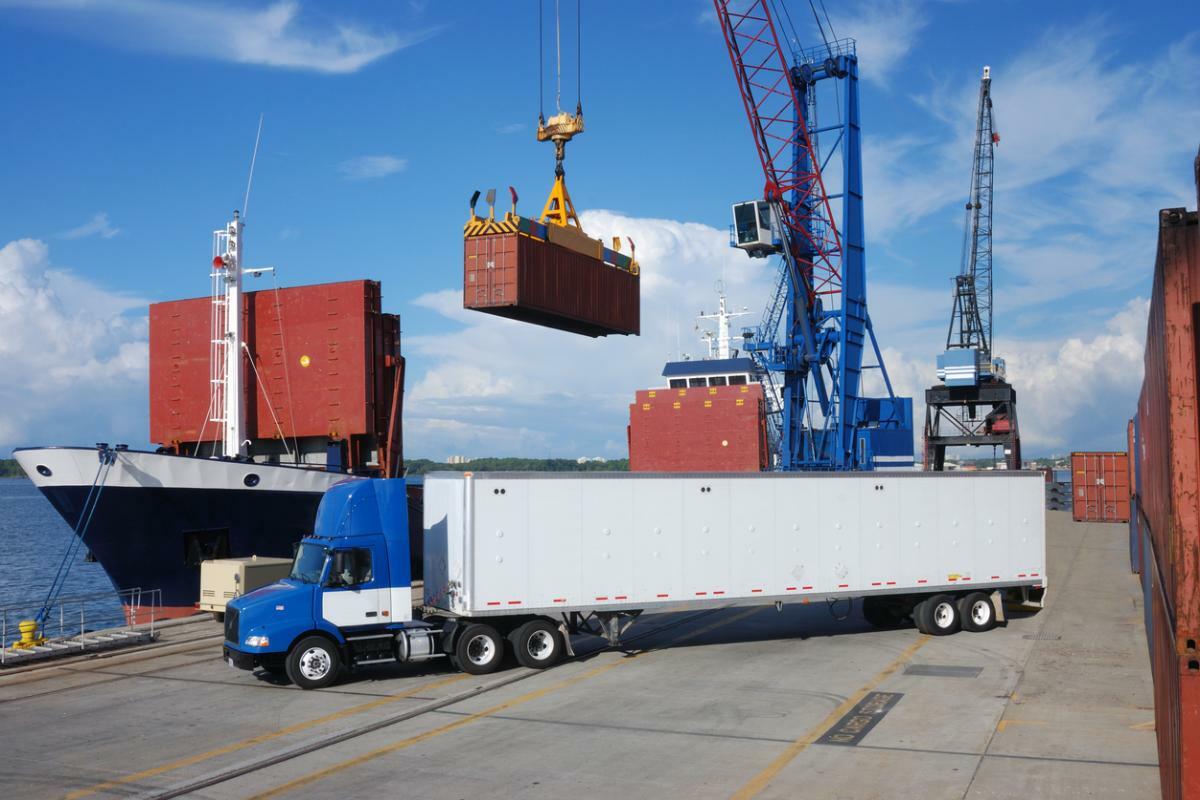 To stay compliant, safe, and avoid an overweight truck ticket, the primary consideration is understanding your commercial motor vehicle's Gross Vehicle Weight Rating (GVWR) limits, width, and length requirements with or without a permit.
To stay compliant, safe, and avoid an overweight truck ticket, the primary consideration is understanding your commercial motor vehicle's Gross Vehicle Weight Rating (GVWR) limits, width, and length requirements with or without a permit.
California Commercial Drivers: Know Your Truck's Weight Limits
Every commercial vehicle has a GVWR. This is the maximum allowable weight assigned by the manufacturer, encompassing the vehicle itself (body, engine, fuel), passengers, and cargo.
Exceeding this limit without a permit is a violation of the CA Vehicle Code (VC) and can lead to serious consequences.
It's All About Safe Weight Distribution
Distributing the load evenly is crucial. Too much weight concentrated on a single wheel or axle set (depending on axle spacing) can compromise safety. While the shipper has primary responsibility for ensuring the load stays within the GVWR, the driver/carrier becomes accountable once leaving the shipper's facility.
Drivers should check their load frequently to ensure no shifting occurs during transport.
Safety First: Stopping Distances and Overweight Trucks
The weight of a commercial vehicle directly affects its stopping distance. Heavier trucks take longer to stop, significantly increasing the risk of accidents, especially during emergencies.
Following weight limits is vital for safety and to prevent road damage. If a load can't be reduced, ensure you have the necessary permits before operating the vehicle in CA.
That means you must have the necessary permits before you cross the state line or border from Nevada, Arizona, Oregon, or Mexico.
Driver Beware: The Responsibility for Overweight Trucks
Remember, weight violation liability falls on the driver after leaving the shipper's premises. Penalties can be substantial. Fines start at $238 for exceeding the weight limit by 4,500 pounds or less. Trucks exceeding the limit by more than 4,501 pounds face fines of $1 per pound overweight and potential misdemeanor charges.
Weigh Stations: Your Ally for Compliance
Private weigh stations, particularly near major ports like Los Angeles, Long Beach, and Oakland, offer peace of mind. While there is a service fee, it's far less than the potential consequences of operating an overweight truck.
The Bottom Line: Stay Within Weight, Height, and Width Limits
Operating an overweight commercial vehicle has severe safety, legal, and financial repercussions. Commercial drivers are responsible for ensuring their vehicles adhere to weight regulations or obtain the necessary permits for exceeding them.
Prioritize safety and compliance – know your GVWR, width, and height requirements and avoid costly fines and legal issues.
However, if you are cited for an oversized or overweight truck, contact a CA traffic attorney immediately.
Contact Bigger & Harman About an Overweight Truck Ticket
The CA traffic ticket defense team of Bigger & Harman, APC, concentrates solely on traffic violations. Therefore, they typically have more traffic court and trial experience to help commercial drivers resolve their issues in traffic courts, such as Chatsworth, Glendale, Pasadena, Inglewood, and others around LA and Long Beach, CA.
Call us at (661) 349-9300, utilize our handy online contact form or email us attorney@biggerharmanlaw.com.
Download our e-book, Protecting Your Commercial Driver License.
Se habla Español (661) 349-9755.
References:
The DMV Portal CA Commercial Driver Handbook.
CA VC Section 35784, Size, Weights, & Loads - Permits and Agreements.
